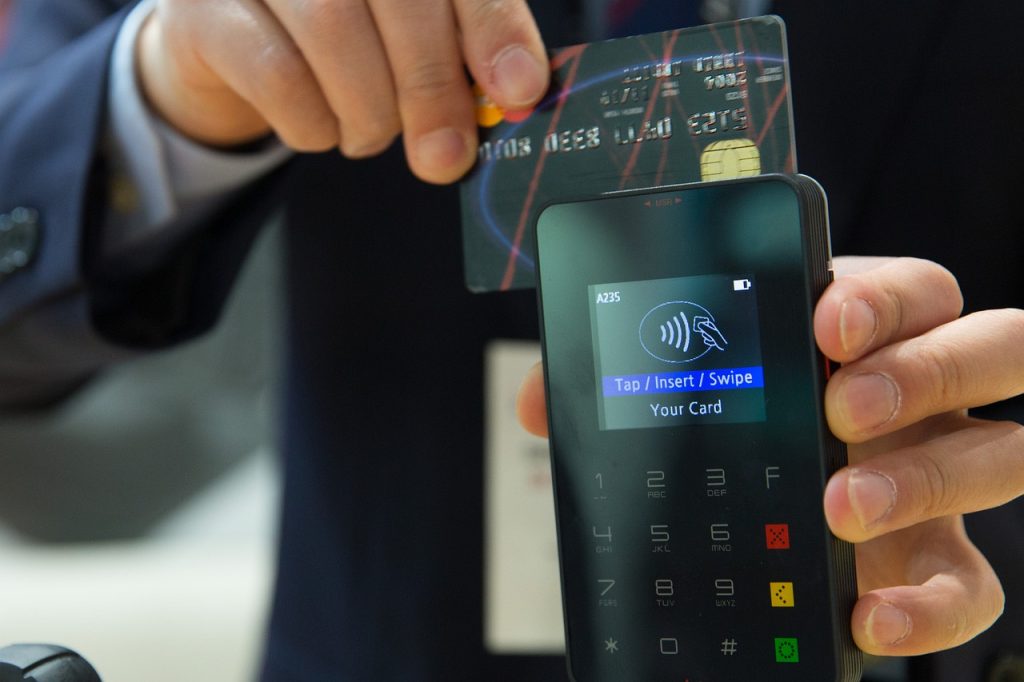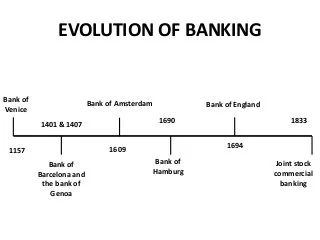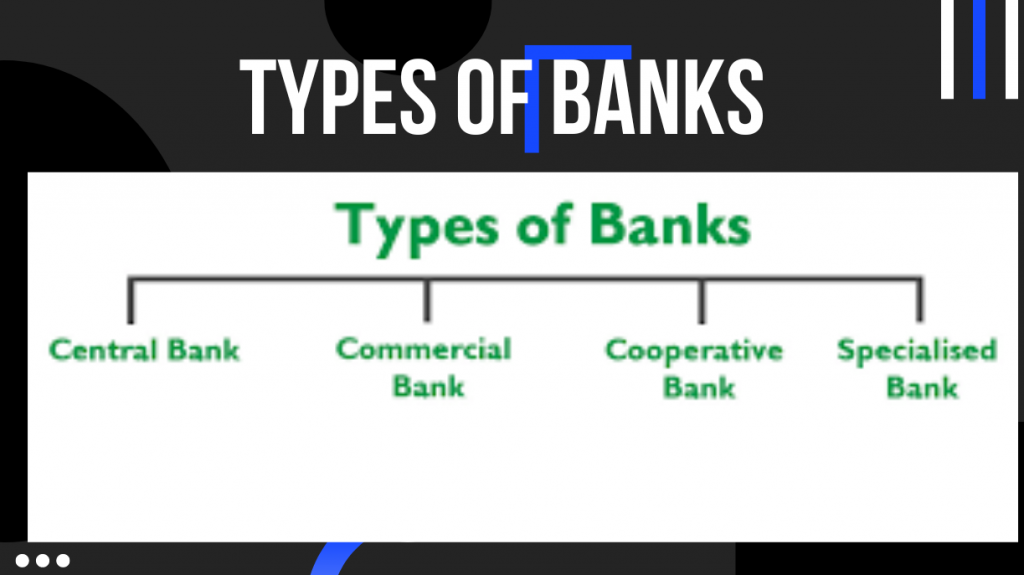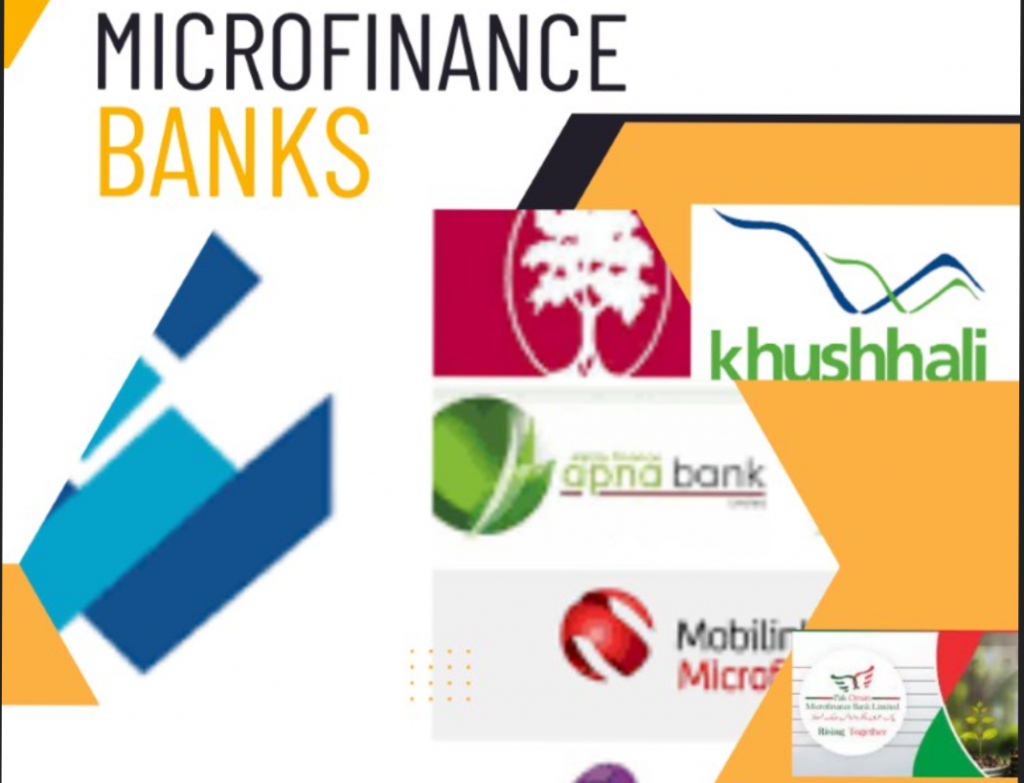Brief Scope of Islamic Banking Globally:
In the past thirty years, Islamic Banking and finance has developed globally into a well-grown system and discipline reportedly growing at the rate of 15% to 17% per annum. Today, Islamic financial institutions, in one system or the other, are working in about 75 plus countries of the world. Moreover, individual financial institutions are also operating in many countries, efforts are going on to implement Islamic banking on a country wide and complete basis in a number of countries. The instruments used by them, both on assets and liabilities sides, have developed significantly and therefore, they are also participating in the money and capital market transactions. Islamic banks and financial institutions are working parallel with the conventional system in Malaysia, Bahrain and a few other countries of the Gulf region.
Islamic Institutions in Middle East Region:
The largest concentration of Islamic financial institutions in the Middle East region is in Bahrain, which is hosting 26 Islamic financial institutions dealing in diversified activities including commercial banking, investment banking, offshore banking and funds management. It pursues a dual banking system, where Islamic banks operate in the environment in which Bahrain Monetary Agency (BMA) affords equal opportunities and treatment for Islamic banks as for conventional banks. Bahrain also hosts the newly created Liquidity Management Centre (LMC) and the International Islamic Financial Market (IIFM) to coordinate the operations of Islamic banks in the world. To provide appropriate regulatory set up, the BMA has introduced a comprehensive prudential and reporting framework that is industry-specific to the concept of Islamic banking and finance. Further, the BMA has pioneered a range of innovations designed to broaden the depth of Islamic financial markets and to provide Islamic institutions with wider opportunities to manage their liquidity.
Islamic Banking in Malaysia:
Another country that has a visible existence of Islamic banking at comprehensive level is Malaysia where both conventional and Islamic banking systems are working in a competitive environment. The share of Islamic banking operations in Malaysia has grown from 0% in 1983 to 8% of total financial system in 2002-2003. Currently, they have a plan to increase this share to 35% by the year 2023. However, there are some conceptual differences in interpretation and Shariah position of various contracts like sale and purchase of debt instruments and grant of gifts on savings and financial papers.
Islamic Banking in Sudan and Iran:
In Sudan, a system of Islamic banking and finance is in operation at national level. Like other Islamic banks around the world the banks in Sudan have been relying in the past on Murabaha financing. However, the share of Musharaka and Mudaraba operations is on increase and presently constitutes about 40% of total bank financing. Although the Islamic financial system has taken a good start in Sudan, significant problems still remain to be addressed.
Like Sudan, Iran also switched over to Usury Free Banking at national level in March 1984. However, there are some conceptual differences between Islamic banking in Iran and the mainstream movement of Islamic banking and finance.
Islamic Banking Projects:
Owing to the growing amount of capital availability with Islamic banks, the refining of Islamic financing techniques and the huge requirement of infrastructure development in Muslim countries there has been a large number of project finance deals particularly in the Middle East region. Islamic banks now participate in a wide financing domain stretching from simple Shariah-compliant retail products to highly complex structured finance and large-scale project lending. These projects include power stations, water plants, roads, bridges and other infrastructure projects. Bahrain is the leading centre for Islamic finance in the Middle East region. The establishment of the Prudential Information and Regulatory Framework for Islamic Banks (PIRI) by the BMA in conjunction with AAOIFI has gone a long way towards establishing a legal and regulatory framework to meet the specific risks inherent in Islamic financing structures.
Islamic Banking in Saudi Arabia:
Over the last decade, a handful of fully-fledged Islamic banks have been introduced in Saudi Arabia.
Saudi Arabia has played a key role in the development of Islamic finance and banking. Between 1990 and 2010, a remarkable cumulative increase of over 90% was generated by the mutual assets of developed Islamic banks across Saudi Arabia.
Saudi Arabia does not officially recognize the concept of Islamic banking. The logic is that if one bank is recognized as an Islamic institution then all others, by implication, would be un-Islamic. The official line was that all banks operating in Saudi Arabia were by definition Islamic.
Despite the trend in the Saudi Arabian banking market to convert to full-fledged Islamic Banks, there are only four among the twelve local licensed banks are considered to be pure Islamic banks which are Al-Rajhi Bank, Al Jazeera Bank, Al-Bilad Bank and Alinma Bank.
Islamic Banking in UK:
Islamic Finance first came to the UK in the 1980s, with the introduction of Murabaha transactions. The first UK Islamic bank, Al Baraka International, launched in 1982. This was followed by the growth of bespoke Sharia-compliant products in trade finance, leasing and project finance. In the early 2000s the UK Government started to take a serious interest in Islamic Finance, and developed a work programme to make the UK’s financial services regulations compatible with the growth of Islamic Finance. Changing the tax treatment, to ensure that Islamic and conventional finance transactions with an equivalent purpose resulted in equivalent tax bills, was also an important step to allow the market to grow. At the same time, there has been significant growth in the offer of retail Islamic Finance services, providing choice to more than 2.5.
There are currently five fully Sharia-compliant banks licensed in the UK which puts it in the lead amongst Western countries. Assets of these banks totaled $4.8 billion. There are also a number of conventional banks that provide Islamic financial services from a UK base. In total 20 plus banks in the UK offer Islamic finance services. This substantially exceeds the number in any other Western country or offshore centre and is nearly double the number in the US. Assets of UK-based institutions that offer Islamic finance services are of some $4.5 billion.
Islamic Banking in US:
Islamic finance in the United States dates from the 1980s, when two institutions opened on the West Coast. Their services were limited to investment and home finance and were available only regionally. From the late 1990s, the market size grew significantly, paralleling the growth of the Muslim population in the US: from 50 per cent in the 1990s to 66 per cent in the 2000s.
There are currently 25 Islamic financial institutions are operating in the US, the top three of which, according to asset size, are the American Islamic Finance House, University Bank (through its subsidiary University Islamic Financial) and the Harvard Islamic Finance Project.

The writer is having vast experience in Banking and Finance sector for over one and half decade, where during his period of work he has experienced different economic and development initiatives taken for the wellbeing of the public masses through the banking channel.
He has worked for the Microfinance banks which are offering community based services among the under developed segment of the society.
The major work done in Financial Inclusion where several hundreds of people were brought to Banking channel to improve their businesses.
The under served segment of society like woman were given the chances to change their lives through credit facilities to grow their home based businesses which is also an imitative of Women Empowerment.
The Writer has also worked against different social issues and highlighting them for positive change in the society through public awareness and their active involvement to reach to the solution.
This journey of empowering people is on going and is never lasting till the time last person remains underserved.







